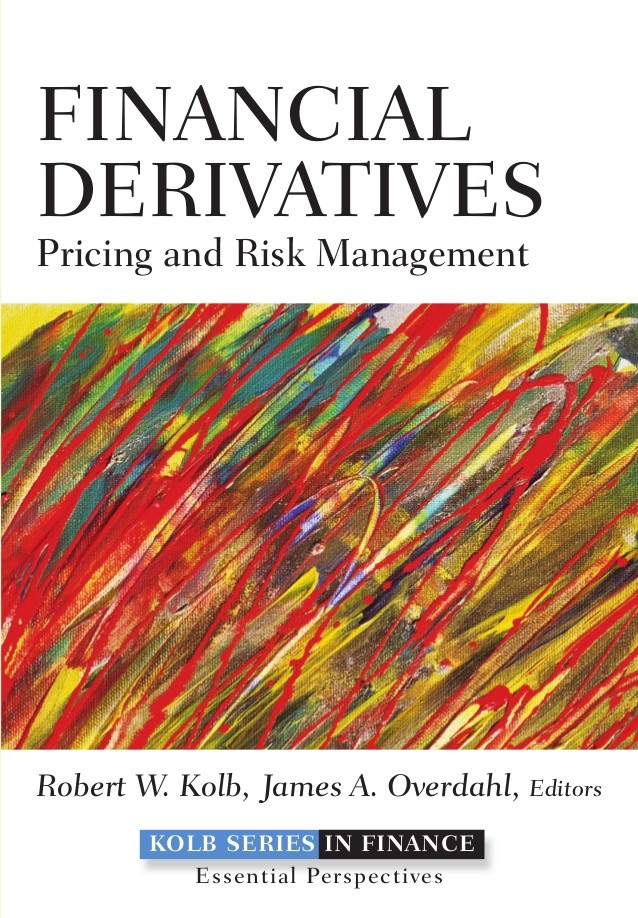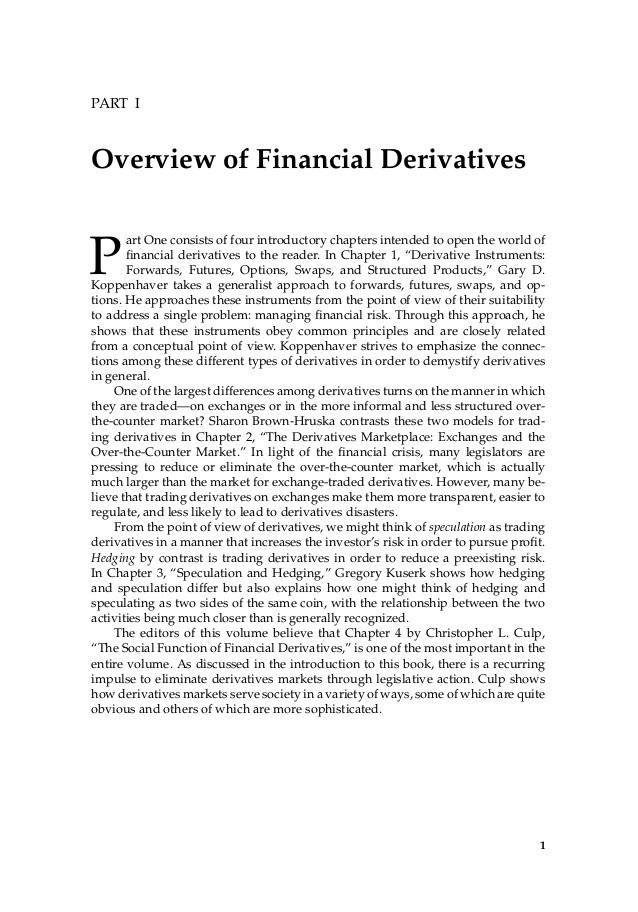McDonald s British Pound Exposure Finance 503
Post on: 23 Май, 2015 No Comment

Add a new page
McDonald’s British Pound Exposure
McDonald’s Corporation’s British Pound Exposure
1. How does the cross currency swap effectively hedge the three primary exposures McDonalds has relative to its British subsidiary.
Currently, the British subsidiary of McDonald’s is assuming a fixed interest rate denominated in the pound. Through cross currency swapping the subsidiary of McDonald’s is able to break away from its fixed interest rate and can adopt the floating interest rate from its US parent company; they are participating in the swap of floating for fixed. In doing so they assume that with that there will be a drop in the floating interest rate reducing their fluctuating payments. This method also comes with a large risk. The British subsidiary also takes on the added risk that the interest rate may increase with the float. Using this swap McDonald’s will be paying out Pounds Sterling and slowly reducing their holdings of the foreign currency. With each payment they are reducing the risk associated with the Pound and their investment in a foreign country. The repatriation of royalties are being hedged to avoid future, more expensive payments.
Swapping fixed for fixed. Possible solution is the pound pays off more of the principal balance? Above needs revamping.
2. How does the cross-currency swap hedge the long-term equity exposure in the foreign subsidiary?
McDonald’s employs a swap hedging model that is seven years in length and allows it to receive dollars for payment of pounds. This is a cross-currency swap and requires McDonald’s to make regular payments in pounds and a final, or bullet, principal repayment when the swap agreement has ended. Hedging occurs as McDonald’s is trying to lock-in the cost of payment over a seven-year agreement and hedge against rising costs of paying for the pound and locking in the dollar, so that the cross-currency swap is more effective. In the end, the large ending payment on the principal involved in the swap effectively hedges against changes in currency values and protects McDonald’s against the possibility of rising costs of the pound over time, and hedges against losses in the value of the dollar.
3. McDonald’s Company and Vodaphone Company enter into an interest rate swap, with McDonald’s paying fixed interest to Vodaphone, and Vodaphone paying floating interest to McDonald’s. Why would one company with interest payments due in pounds sterling want to swap those payments for interest payments due in U.S. dollars?
Usually, the swapping agents on either side of the swap desire currency they wish to acquire to increase profits. The desired currency will likely be related to future changes on the cash flow, balance sheet, and income statements of a company. For example, the desired currency will come in as cash inflows, may have been booked as receivables, and will show-up as cash on the balance sheet. To increase overall positive changes to the financials, a company will likely want to have a currency that increases the relative position of its present status—that is to say that in the example above, maybe the interest payments paid out will be in a currency that is of lower value, while the inflow comes in at a higher value.
Vodaphone may be interested in expanding into the US. By accepting payments from McDonald’s Vodaphone now has the opportunity to take this dollar cash inflow and use it towards expansion into a new market. Likewise, McDonald’s in interested in decreasing their holdings of Pounds Sterling and the risk associated with them as a foreign equity investment.
Comment (I think the 2nd paragraph hits more on the points of the question) Mohsen
This case is a cross currency interest rate swap. The motivation for both companies would be the limited access to specific currency and preferred interest rate structure. Thus, according to their comparative advantages, they raise capital at lower cost and then enter into such swap agreement to secure specific desired currency at a lower cost. For example, Vodaphone can raise capital in pound relatively at lower cost because of its comparative advantages; however, it desires the dollar because of its future operating revenues in certain business cases. In sum, Vodaphone raised capital in dollars at lower cost than if it directly borrowed from a dollar dominated market.
4. McDonald’s, with a AA credit rating, wants to carry out a swap agreement with the British company, Vodafone, with a AAA credit rating, since both have unequal access to financing externally. Vodaphone prefers floating rate financing while McDonald’s prefers a fixed rate financing. Although Vodaphone can borrow at a fixed rate of 9% and McDonald’s must pay 10% due to its slightly lower credit rating, both companies can also borrow at floating rates, Vodaphone at LIBOR + 0.25% and McDonald’s at LIBOR + 0.75%. Each company has its own comparative advantage in access to capital. Vodaphone can borrow at a full percentage point less than McDonald’s at fixed rate, but that also means McDonald’s has comparative advantage in borrowing floating rate funds. Citibank agrees to a LIBOR + 0% from Vodaphone and a 9.875% fixed rate from McDonalds’s. Show, using a diagram and table, what interest benefits (relative percentage benefits) McDonald’s and Vodaphone will gain from doing the interest rate swap through Citibank on a notional principal of $30 million for 5 years.
Swap amount = $30 million

Maturity = 5 years
Vodaphone = AAA credit rating (prefer floating rate)
McDonald’s = AA credit rating (prefers fixed rate)
Vodaphone fixed interest ate = 9%
Vodaphone floating interest rate = LIBOR rate + 0.25%
McDonald’s Fixed interest rate = 10%
McDonald’s floating interest rate = LIBOR + 0.75%














